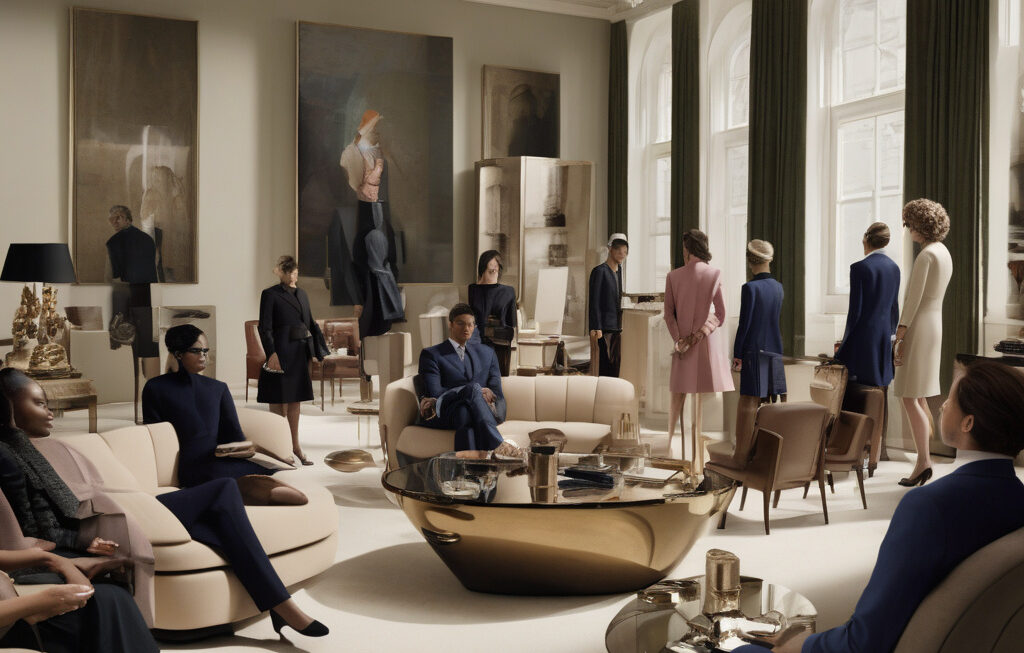China’s Luxury Resellers Get Physical
The resale market in China is experiencing a significant shift as more luxury resellers are moving beyond online platforms to establish physical offline markets. This transformation comes as taboos surrounding secondhand fashion continue to dissipate, coinciding with a growing interest in sustainability among consumers. Moreover, the slowdown of the economy has prompted an increasing number of Chinese shoppers to seek out bargains through resale avenues.
The traditional perception of secondhand clothing as being of inferior quality or associated with financial struggles is gradually eroding in China. As a result, luxury resale platforms are gaining traction and reshaping the way Chinese consumers perceive and engage with pre-owned luxury items. The appeal of purchasing secondhand luxury goods lies not only in the potential for finding unique pieces at more affordable prices but also in the sustainability aspect of extending the lifecycle of fashion items.
In response to this shifting consumer behavior, luxury resellers are capitalizing on the opportunity to establish physical spaces where shoppers can browse, touch, and try on pre-owned luxury items. By bridging the gap between online convenience and the tactile experience of offline shopping, these physical markets cater to a broader audience and provide a multi-sensory approach to luxury resale.
The offline presence of luxury resellers also serves to build trust and credibility with consumers who may still have reservations about purchasing high-end items online. Being able to interact with the products in person, feel the quality of the materials, and receive personalized assistance from knowledgeable staff can significantly enhance the overall shopping experience and alleviate concerns regarding authenticity and product condition.
Furthermore, the rise of offline luxury resale markets aligns with the growing emphasis on sustainability in the fashion industry. As more consumers become conscious of the environmental impact of fast fashion and disposable clothing culture, the appeal of purchasing pre-owned luxury items as a more sustainable and ethical choice is gaining momentum. By extending the lifecycle of luxury goods through resale, consumers can contribute to reducing waste and minimizing the carbon footprint of their fashion choices.
The convergence of these factors – the changing attitudes towards secondhand fashion, the appeal of affordability, the tactile shopping experience, and the sustainability aspect – underscores the transformative nature of the luxury resale market in China. As more consumers embrace the concept of circular fashion and seek out alternative ways to access luxury goods, the physical expansion of luxury resellers into offline markets represents a significant evolution in the retail landscape.
In conclusion, the growing popularity of physical luxury resale markets in China reflects a broader societal shift towards more sustainable and conscious consumption habits. By redefining the narrative around secondhand fashion, luxury resellers are not only meeting the evolving needs of Chinese consumers but also contributing to a more environmentally friendly and socially responsible fashion industry.
luxury resale, sustainability, Chinese consumers, offline markets, fashion evolution.












